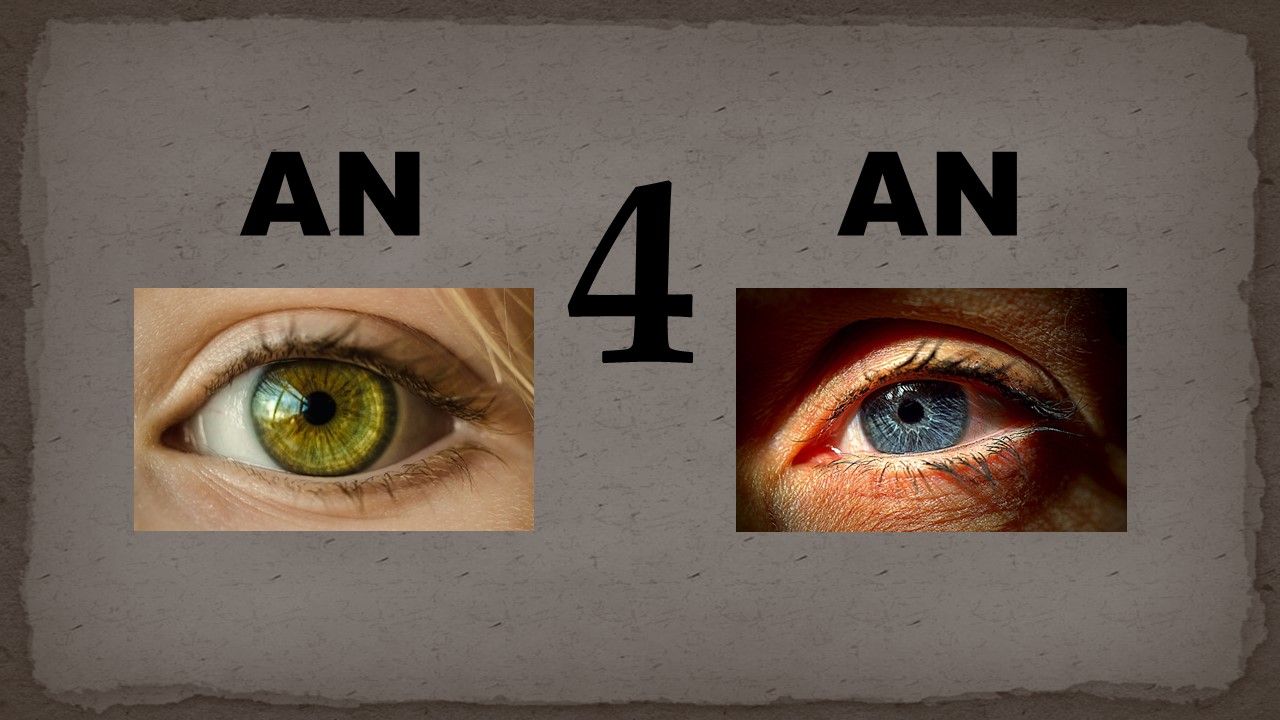Consider
Deuteronomy 29, where God made a covenant with Israel in Moab.
I'll look at a few points in it, but I'm really puzzled why you're picking out this passage. It doesn't say anything about final judgment; it's all about temporal blessings and curses, about people whose future is assured by "multiplying" (one of the blessings) rather than by living forever.
So he's clearly talking about blessing and adversity - not annihilation, right?
Um... You seem to be assuming that God is promising final judgment against Israel here. Of course he's not; he offers neither eternal life nor eternal punishment, let alone "annihilation" or "torment forever and ever". You're trying to read WAY too much into this passage. Not finding "annihilation" (we use the word "destruction", since the word "annihilation" doesn't exist in the Greek or Hebrew) is hardly interesting when none of the other words like "eternal torment" appear either.
Here, he says he would gather them and restore them after being scattered.
God says he will single out the man who disobeys and will never forgive; He then says He will exile and scatter, and then gather and restore. Clearly the man singled out is not the same as those scattered, gathered, and restored -- the contrast between "not forgiven" and "restored" makes that obvious.
This is the one point I can see where there's some evidence of this covenant applying to eternal punishment, but the punishment is supposed to be according to the covenant curses, which all seem to focus on a painful life ending in death.
15“See, I have set before you today
LIFE and prosperity, and
DEATH and adversity;
16in that I command you today to love the LORD your God, to walk in His ways and to keep His commandments and His statutes and His judgments, that you may live and multiply, and that the LORD your God may bless you in the land where you are entering to possess it.
17“But if your heart turns away and you will not obey, but are drawn away and worship other gods and serve them,
18I declare to you today that you shall surely perish. You will not prolong
your days in the land where you are crossing the Jordan to enter and possess it.
19“I call heaven and earth to witness against you today, that I have set before you
life and death, the blessing and the curse. So choose life in order that you may live, you and your descendants.
After all of the description of the prosperity verses adversity, blessing and cursing, God sums it all up by calling it life and death.
Right -- and "not prolong your days." Whereas eternal torment requires eternally prolonged days.
and there isn't anything in this passage that speaks to Annihilation or cessation. He's talking about adversity, scattering them....
Really? I don't think God failed to use any Hebrew word that means to kill, destroy, and cut short -- in this passage plus the covenant curses in the previous one. You're not just wrong here, but 180 degrees off. When God says He will "not prolong your days", that means their days will be short. And of course, those are the literal meanings of kill, perish, destroy, die, and so on.
Like I said, the burden is on you to demonstrate that life means live forever and death means cease to exist. You've done nothing but assert it and say things like " it makes no sense to think..."
When have I ever said anything that silly? I don't believe "life means to live forever", and I don't believe "death means to cease to exist." Living forever is connoted by "live forever", and death means to stop living. Destruction is a hyponym of "annihilation", so the two have some ties, which I suspect is why some people call us annihilationists (although really, I prefer "conditionalist", after the "conditional immortality" title of the OP).
Here are a few verses from the previous chapter, the covenant curses that this chapter affirms:
20 The Lord will send against you curses, confusion, and rebuke in everything you do until you are destroyed and quickly perish, because of the wickedness of your actions in abandoning Me. 21 The Lord will make pestilence cling to you until He has exterminated you from the land you are entering to possess. 22 The Lord will afflict you with wasting disease, fever, inflammation, burning heat, drought, blight, and mildew; these will pursue you until you perish.
Note that this includes two phases of punishment: suffering which continues UNTIL death, destruction, extermination, or until they perish. This is not endless suffering; it's suffering with the purpose of killing, and which does not continue after the killing.



